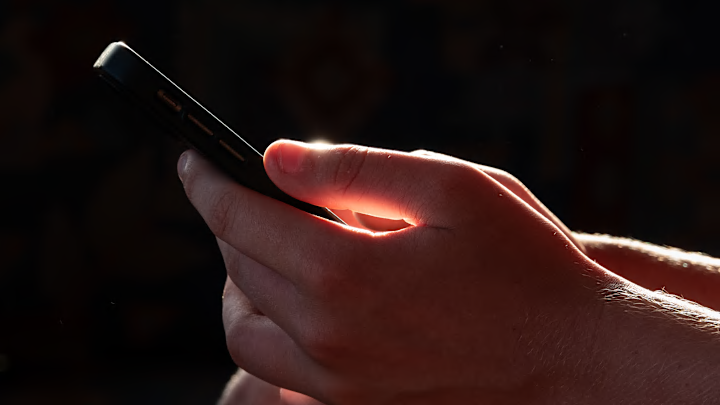If you have spent enough time on TikTok, you may have noticed a particular trend going around -- and no, I don't mean "very demure, very mindful."
Since TikTok exploded in popularity -- technically before the pandemic, but things really took off when that started (still ongoing) -- it's become more common than ever for the reactions to a situation to become more popular than the situations themselves.
This is largely due to a feature called "Stitches" -- where you can "stitch" together a clip from one creator's video and a video of your own. These days, it seems like every "big" thing that happens on TikTok leads to a flood of reactions to that thing. And that has now spread across social media of all kinds. And though it was a rising issue before, it's even more of one now.
People have gone viral for reacting to things -- even more viral than original creators or accounts in many cases. So there has been a major online cultural shift. Now, when something goes viral, it's a race to see who can have the best reaction to it.
This trend of "hot takes" and "unpopular opinions" is not in itself bad. Everyone has a right to post what they want to post online. What this has created, however, is a tendency for people to react for the sake of bait rather than reacting for the sake of informing or entertaining.
When everything becomes about going viral, the art is lost to the game. It's not fun anymore. And in some cases, it's unsafe. We've all seen the consequences of someone quickly reacting to something without knowing the whole story.
There is a way to reach people without having to be the first or the most "fire," but more and more, that particular art has fallen out of favor -- in favor of views.
